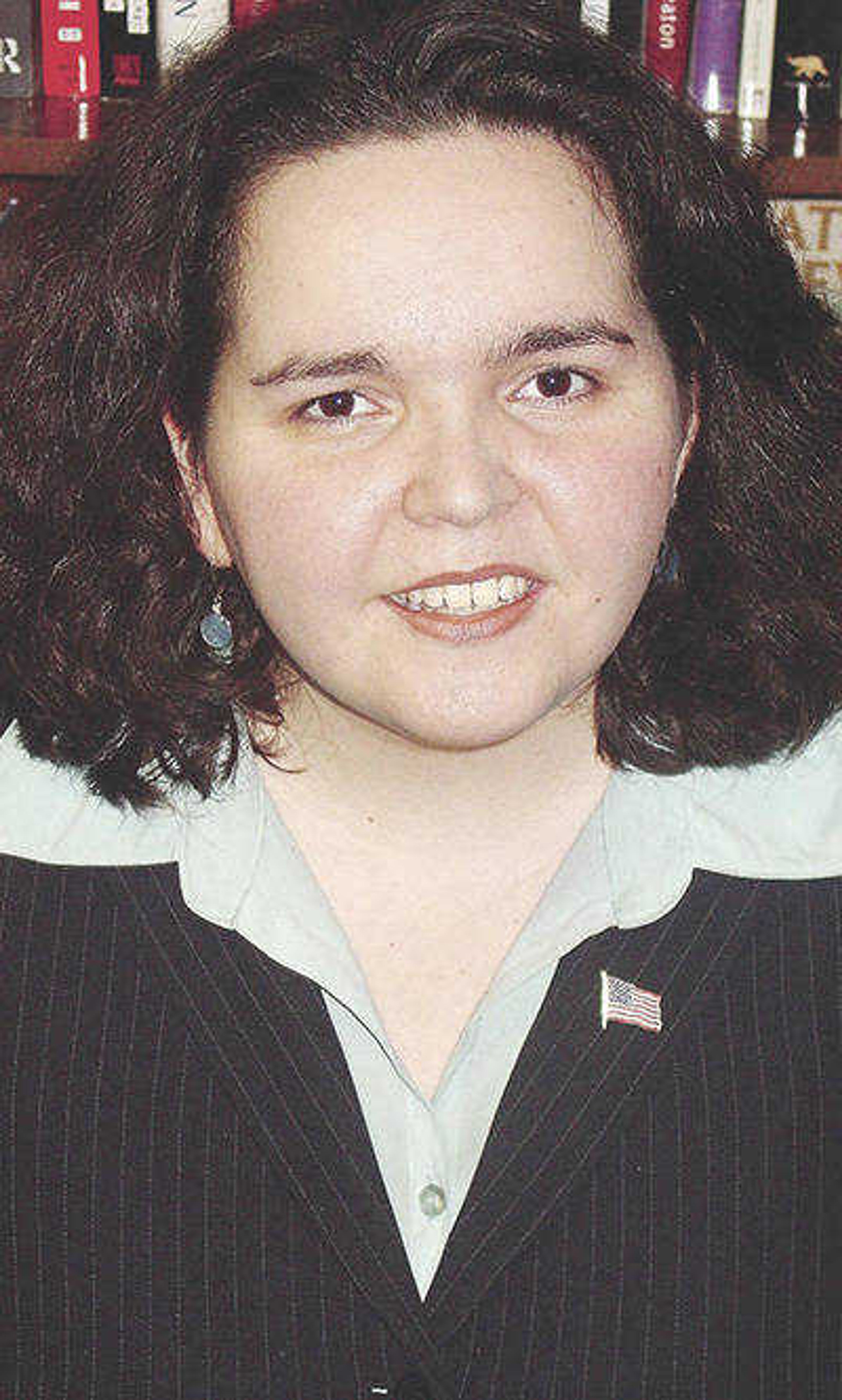The true gift of Christmas
Christmas is a season, not just a day. And it only begins on Dec. 25. The Rockefeller Center tree and elves on shelves and all the rest can be deceiving. We were merely preparing for Christmas, and are now celebrating it, at least until the Epiphany. Others will celebrate until the feast of the Presentation in early February. It's a season that renews Christians' faith and hope, and reminds them of their capacity for joy...
Christmas is a season, not just a day. And it only begins on Dec. 25. The Rockefeller Center tree and elves on shelves and all the rest can be deceiving. We were merely preparing for Christmas, and are now celebrating it, at least until the Epiphany. Others will celebrate until the feast of the Presentation in early February. It's a season that renews Christians' faith and hope, and reminds them of their capacity for joy.
"There is no reason to lose heart or give up and be depressed," Jesuit priest Alfred Delp wrote from a Nazi prison cell in 1944. (I quote from the collection "Advent of the Heart: Seasonal Sermons and Prison Writings, 1941-1944" from Ignatius Press.) "Instead this is a time for confidence and for tirelessly calling on God. We must unite ourselves with God against our distress."
Delp writes that because of Christmas "[M]an is no longer alone." Because of Christmas, he writes: "Now there is no more night without light, no prison cell without genuine conversation, no solitary mountain path or dangerous ravine without accompaniment and guidance."
Delp was known for his clear and bold preaching, but his words were lent additional authority because he knew that the Christmas on which he wrote them could be his last, as he was facing execution by the Nazis. (He was tried and hung for treason in February of 1945.) His only hope was that everything he believed as a Christian was true and more powerful than any evil force on Earth.
One of modern society's downfalls is its need to avoid suffering. But suffering is unavoidable, it's built into the very fabric of life. And, if we let it, it's there to teach us something. Christmas comes to us annually to remind us of not only something more, but Someone more, whose example, no small part of which involves suffering, gives all the rest meaning.
This is how Delp put it: "God becomes man. Man does not become God. The human order remains and continues to be our duty, but it is consecrated. And man has become something more, something mightier. Let us trust life because this night must lead to light. Let us trust life because we do not have to live it alone. God lives it with us."
There is great hope in Delp's words, and there is a challenge, too. "How much of what we are living through today cannot stand in the presence of the (Christ) Child! How would our own lives, and life in general, be different if we remembered that life's greatest hour was when God became man, a child? We would not approach one another, stand before one another so demandingly, and violently, and greedily. Children do not inflict such wounds. We want to be so great and mighty, so grown up and competent. We ourselves, and the heap of rubble that is left to us, are the outcome of this attitude."
In Christmas, God summons us to a childlike trust that requires humility and gratitude and makes for a tenderness that our lives and world so need. Reading Delp, one encounters true Christian faith and its transformative power: To not fear evil that man does to man, but to persevere, knowing that God is more powerful and is with us, even in the darkest days.
Because even in the direst times, God is near, because of Christmas, which is so intimately linked to the rest of the story of salvation and the Resurrection.
Christmas itself is the greatest gift that could ever be given. To receive it well is to love well with trusting hope in the truth of it, which changes everything. Again and again, day after day, year after year.
klopez@nationalreview.com
Connect with the Southeast Missourian Newsroom:
For corrections to this story or other insights for the editor, click here. To submit a letter to the editor, click here. To learn about the Southeast Missourian’s AI Policy, click here.










